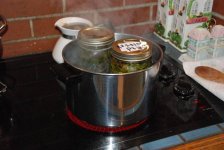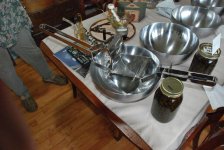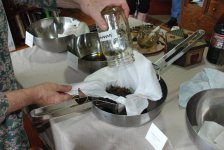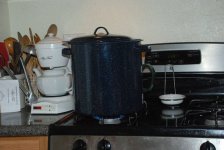I been looking all over the web for some sort of step by step guide on extracting cannabinoids with coconut oil but had no luck, its all solvents and more solvents. I want to produce a rick simpson style oil to treat cancer but im REALLY not keen on using naptha or any other non food grade solvent, so i was thinking using coconut oil since where i live its in abundance and basically free plus i make it myself. Also its all saturated fat so it should bind with thc,cbd and other cannabinods right?
The advantage it seems to have is that it makes the oil more potent than using solvents but the disadvantage is unable to measure accurate dosage. Has anybody done it this way? If so can you please give me some guidance on oil to bud ratios, heating times, temps etc....
Thanks
The advantage it seems to have is that it makes the oil more potent than using solvents but the disadvantage is unable to measure accurate dosage. Has anybody done it this way? If so can you please give me some guidance on oil to bud ratios, heating times, temps etc....
Thanks









